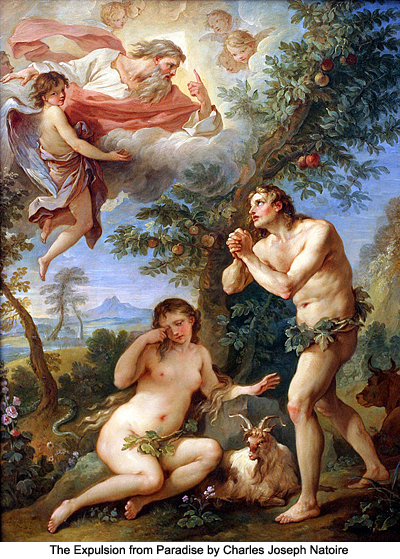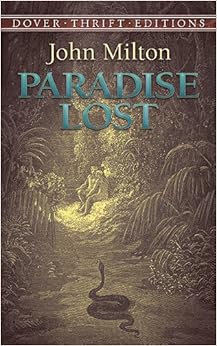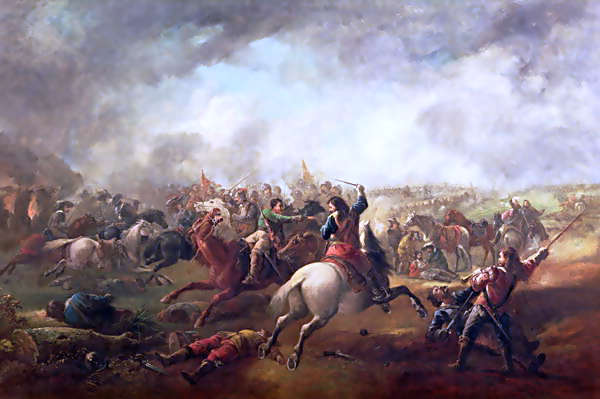The 'mixed' moral standard, it is not surprising that readers find it hard to gauge the tone of Webster's 'tragic' writing.
Webster's tone is rarely solemn for long, but endlessly decorated with parts that are quirky and camp so that the audience should be able to laugh comfortably. In Jacobean tragedy, the sustained serious tone of Shakespearean tragedy is the exception rather than the rule.
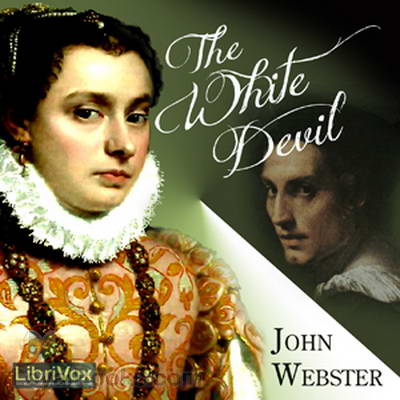
Horrid Laughter
A mixed even confused response to the events of his tragedy is probably therefore one of Webster's aims. Torturers and murderers in TWD wind the nerves of their victims and the audience so tight that they take such contorted delight in what they are doing that our laughter may often be no more than an escape valve.

An example is Flamineo staging his death rather than dying in earnest. His language can, in retrospect, seem comically exaggerated. It becomes a chilling parody of the conceits revengers.
A Play of Paradox
The title itself is a paradox and is assumed to refer to the nature of Vittoria. However, this sense of ambiguity, even duplicity is not confined to Vittoria. It is reflected in every major character of the play- eg. Flamineo whose speeches are hard to interpret
Not What I say, but What I do!
The double signals Webster's characters continually give out is partly owing to the 'mixed' nature of his tragic form. But some critics insist it is also due to the unusual nature of Webster's writing methods.
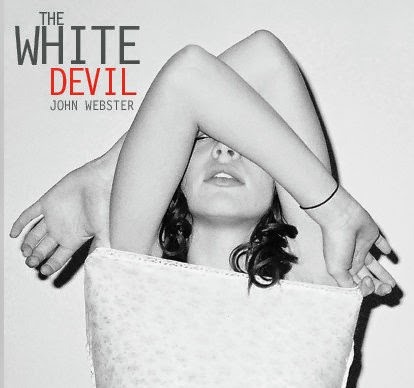
Webster focuses more on how events and outcomes, might, after many windings and surprises combine to establish a tragic figure and how much of his meticulously gathered poetry that figure might then plausibly be made to speak.
The Morality Tradition
Before permanent professional theatres in England opened this meant that theatrical performances were given by itinerant companies specializing in Morality plays with characters that were labelled as Vice or Virtue.

It follows that many of the plays of the Jacobean repertoire were expected to convey firm 'morals' so Webster in TWD gives a sententious moral statements to most of his characters. Giovanni, the moral anchor of the play says these a lot (what a fucking wanker)
Yet wise saws are repeatedly placed into the mouths of characters whose actions contradict their statements. Despite the flag-waving conviction of its 'authority figures', moral ambiguity remains the play's prevalent note.
Webster's Women
Women are frequently seen be men as mere commodity. Heroines are accused of lust, infidelity, and men, under the guise of honour are violent and derogatory towards them, partly through malice, partly through an imperial sense that the blood that beats in the veins of a female relation is literally their own.
Dod and Cleaver- Influential 1598 Conduct Book
"Silence is the best ornament of a woman and therefore the law was given to the man, rather then to the woman, to shew that hee should be the teacher and she the hearer."

Vittoria's role is its comparative brevity for a title character and how different is her impact in each of them.
In Act 1 - resilient under sexist curing but tempts Brachiano
Act 2- dispatches the shit lawyer and personates 'masculine virtue' but regains her female voice to cry rape. Assume the qualities of both genders
Act 4: silence and unexpectedly squashed
Final scene: poetic adventurer trying on many modes and roles, from glimmering acceptance of misfortunes to eternal dread
Remakes herself radically between appearances and may be echoing her Flamino.
Her changing role reflects not a shifting or duplicit personality but the brutal accomodations and decit demanded of all women if they are to survive in the patriarchy. An actress not synthesise not a single composite personality but to play a series of distinct, raw female stereotype.

Zanche is inured to intrigue, promiscuity, theft and betrayal is more professional victim even than Vittora. Traded her emotions so long she seems only vaguely aware of them. Isabella = chaste wife and is a toy for her powerful male relatives and has unpleasantly punitive fantasies towards her rival.
All these women seem victim beneficiaries of a sexist society showing 'masculine virtue' when challenged, but a tendecy to exploit the role of 'wronged woman' when their going is easier.
